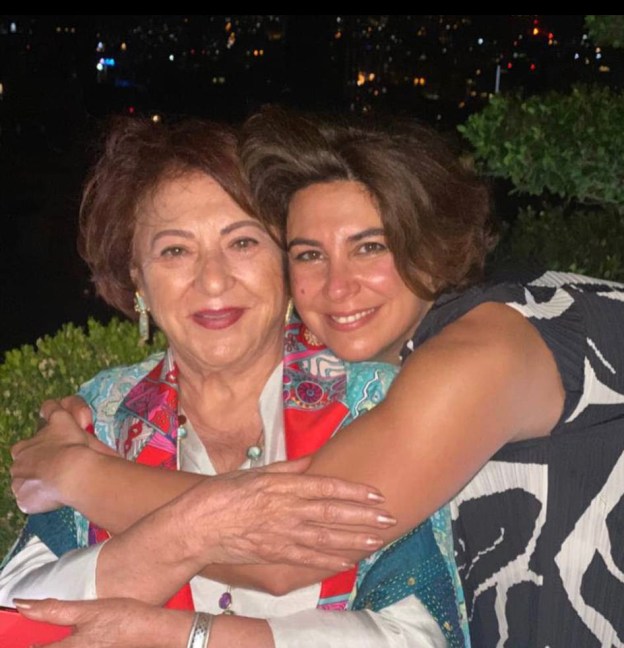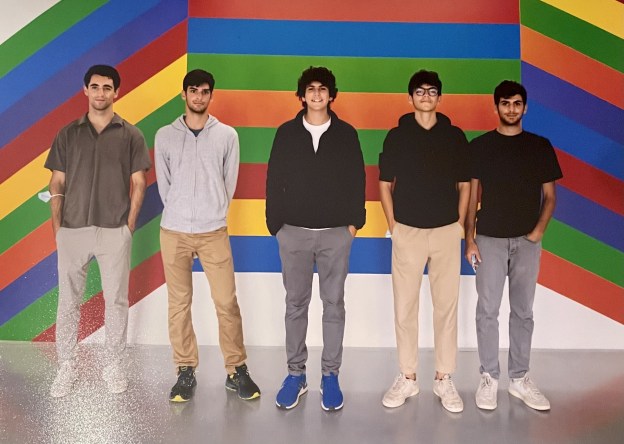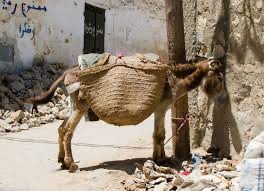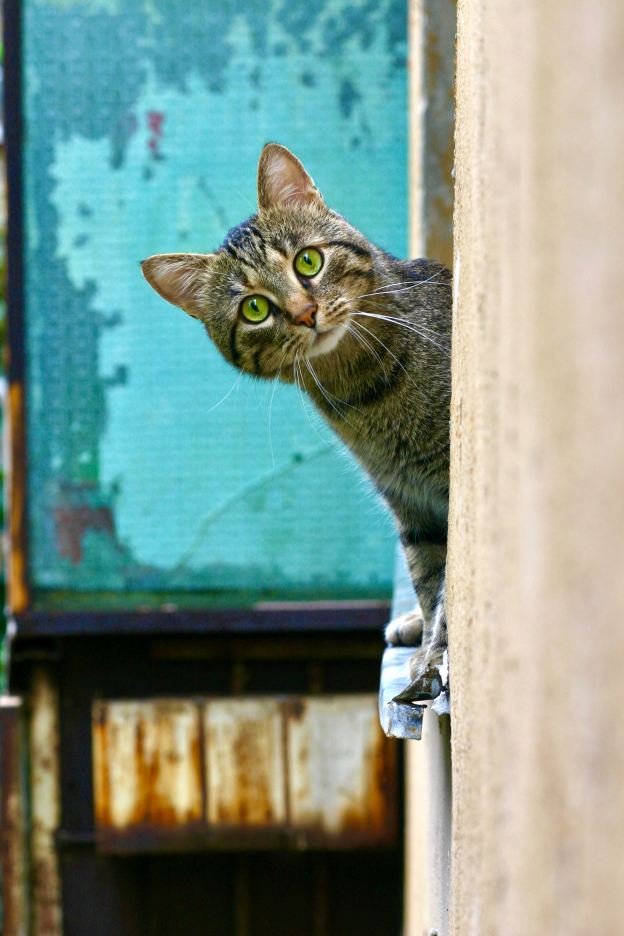Lessons learned from a lifetime of adoration
A few years ago, I sought the counsel of a therapist. I didn’t really know why at the time but it was most probably prompted by the complex relationship I shared with my mother—a journey that you may have ventured on or will someday. Such is the power of mothers, an influence that often lingers even when we seek to break free from it. We mothers, unwittingly or not, inherit this remarkable ability to shape the lives of our children, occasionally repeating the very patterns we vowed to avoid.
As a child, I adored my mother. As an adult, I still do. I adored her so much that I could not fathom why she wasn’t reciprocating and chose also to love others (I have four older siblings). I yearned for her attention, puzzled by her choice to spend time with friends rather than shower me with her undivided focus. I craved her presence, wishing she would cater to my every need, whim, and desire. I couldn’t understand why she wasn’t my devoted servant. After all, so many of my friends seemed to have their mothers doting on them incessantly.
Little did I realize that beneath this perceived neglect lay a treasure trove of life lessons, perhaps the most crucial being the one I treasure most. Here’s what I’ve learned from a lifetime of adoring my mother:
- The value of timeless elegance and ageless glamour. You are never too old to be glamorous. Keep on updating your wardrobe, buy new shoes and bags. And always accessorize, even when alone at home.
- The significance of self-care. Self-care is a necessity, a testament to self-worth, not merely a privilege. Regularly pamper yourself with blow-dried hair, vibrant nail polish, and the allure of new makeup.
- The art of generosity. Keep your fridge well-stocked and your front door open. You will never be lonely if you offer to feed people.
- The appreciation of beauty. Infuse your living space with the charm of flowers, even if it means plucking them from a nearby bush or a forgotten garden.
- The power of a smile. Even when delivering candid feedback or a pointed remark, do so with kindness and a warm smile. It’s amazing how gracious words wrapped in a smile are more readily accepted.
- The value of friendships. Keep your children close and your friends closer. Your children are precious but you’ll probably have more fun with your friends. Prioritize time for them. They’ll be there when you need them.
- The essence of curiosity. Nothing will keep you younger than the continuous hunger to know new things. Stay interested to stay interesting.
But if I had to pick the one lesson I have learned from my mother, it is this:
My time has value. I have value.
People often commend me on raising my three children, of whom I am immensely proud. They express surprise at our continued closeness as a family, even now that they’ve grown up. I credit this to this secret formula from my mother’s lab: when you appreciate your own time and worth, others will do the same.
In retrospect, I recognize that my mother’s approach of not fawning over me (and hence me not fawning over my own children)—stepping away from my demands, seeking her own sanctuary (been there, done that), gently silencing me during her conversations with friends (guilty), and prioritizing her own activities over chauffeuring me (ahem)—wasn’t an absence of love. Instead, it was a gift of space, a lesson in self-sufficiency, and the most valuable lesson of all: Even as a mother, I am first and foremost me. My time holds significance, and I need not wait for others to acknowledge it. I entertain myself, for my time has value. I care for myself, for I have value. And for that, I am, and will be eternally grateful.










